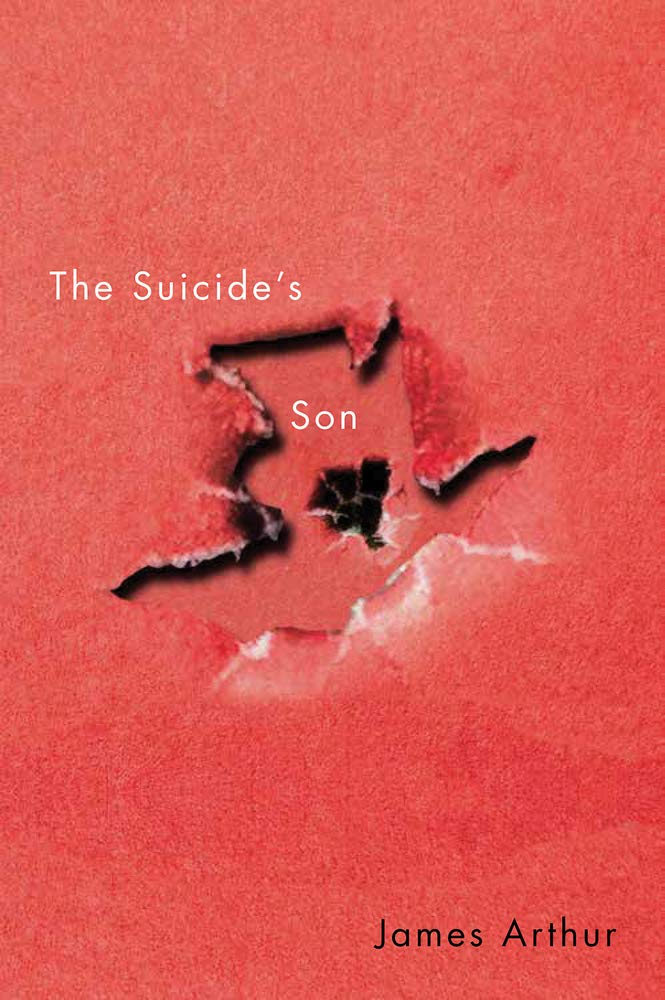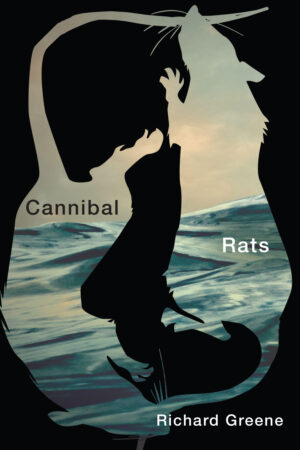The Suicide’s Son
$17.95 CAD
Awards:
2020 ReLit Award for poetry – shortlist
Publication Date: April 1, 2019
90 pages
7.5 x 5 Inches
ISBN: 9781550655223
|
Trade Paperback $17.95 CAD |
|
|
Ebook $17.95 CAD |





